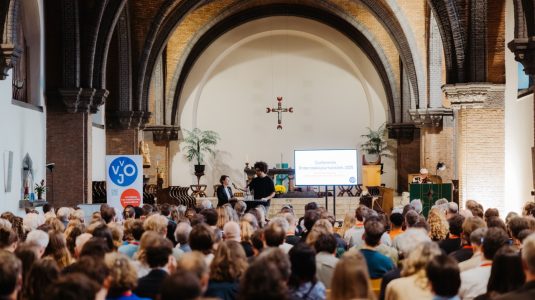European Investigative Journalism Conference 2008
Workshop: Life of a European Mandarin
Speaker: Derk-Jan Eppink
Date: November 22, 2008
Reporter: Ole Aabenhus
Journalists should do their utmost to specialize themselves in a certain area and know their specialty inside out to be able to ask the best questions, says
Derk-Jan Eppink, author of A Mandarin in the Commission, and New York correspondent Knack magazine.
In Brussels, Eppink discussed how journalists should best deal with the European Union’s bureaucratic machinery.
Eppink has worked for seven and a half years in the European Commission himself. First he spent five and a half years assisting former Inner Market Commissioner Frits Bolkestein (initiator of a proposal for the Services proposal which got nicknamed the “Frankenstein Directive”).
Later he worked for two years for Commissioner Siim Kallas, the present Commissioner for of Administrative Affairs, Audit and Anti-Fraud.
A journalist by training, Derk-Jan Eppink started writing books to get into contact with a broader audience, and to add a bit of humour. It became a sort of novel, but everything in the book is true, he insisted at his presentation late on Sunday afternoon, at the last day of the VVOJ conference.
His focus was on the mind-set of the European mandarins – the bureaucrats of the Commission – which he described as an “Empire of good intentions”.
Mandarins see themselves as the vanguard of European integration along the lines that “We are the ones we have been waiting for!” (borrowing a line from the Obama campaign).
Characterization of the EU Institutions
Eppink subscribed to what Geert Mak, author of “In Europe”, had said earlier at the VVOJ conference – that the EU bureaucrats suffer from “Idealistic arrogance”. They lead the way, and others are supposed to follow.
In 2005 Siim Kallas introduced a proposal for transparency as one instrument to counteract this “idealistic arrogance”. It was ill regarded by the General Secretariat of the Commission and its legal service. You might “risk to confuse people” with too much information!
The idea of the Lisbon Process – to overtake the US in 2010 – is just one example of a closed mind set in the Commission, said Eppink.
Other institutions also have a somewhat arrogant touch. The European Parliament talk of themselves as “We represent the people of Europe”, but unfortunately this self-understanding is undermined by the low turnout in parliamentary elections.
The Council reflects power: “We are powerful. We are the ones who should take the final decisions”.
The European Court of Justice in Luxembourg was described by Eppink as “the silent integrator”, – an integration machine that had much more influence than for example the European Parliament.
It pushes forward European integration through jurisprudence.
This is a fact which everybody in the Commission is well aware of, and makes use of. If one is afraid that a certain proposal cannot get through Parliament, the trick is to leave obscure wording inside the text, knowing that one day the ECJ will sharpen it and use it to push for further European integration.
What journalists can do
There is an abundance of information to be found in the EU institutions, and most is easily obtainable through the internet.
Eppink was not very much in favour of wobbing in itself – concentrating on using the Freedom of Information Act to get even more information from the EU.
What you have to do is to really master a certain subject area, find the naughty issues, and ask the right questions.
One example of how the “transparency pressure” was increased was the lists of recipients of agricultural subsidies, country by country, which showed that the biggest recipients were not poor farmers, but royal families, rich landowners…
To us – who wanted to move the EU towards greater transparency – this was a big help. But the results were first of all due to investigative journalism
Another useful technique is to look for “omissions of the Commission”. A couple of years ago energy papers circulating in the EU never mentioned nuclear power. Now they do, more and more often, but they don’t say what is behind this shift.
Journalists beware!
Look out, Eppink warned, that you down fall into the fallacy of thinking that you as a journalist are part of the European project yourself and therefore have to convince others about it. What you have to ask is why? Is it true? And what are they doing this for?
Take note of the vocabulary used! Everything has to be a success for the Commission, so they never say a project “failed”,- it was incomplete. Or the targets were just changed or “not yet” attained.
Spokespeople will never lie, but they may not tell you the whole truth – or just tell you something else. They are always very cautious, weighing every word, because they themselves are in a difficult position within the Commission.
The policy machine is suspicious of them and will avoid telling them what is really going on. To the bureaucrats the spokesman is a risk factor.
On the other hand most documents are leaked, mostly to the Financial Times – which Eppink called “the in-House paper of the Commission” – and everybody is trying to leak first, to control the message.
A lot of leaking takes place when documents are sent to all DGs for interservice consultation. So, if you want a document to be kept away from the public eye as long as possible, you send it straight from the cabinet to Legal service – they do not leak.
Sources:
Once you find a mandarin and get good contact, don’t drop him. Officially he should not talk to you, only spokesman should. If colleagues see a mandarin and a journalist together, they should report it.
Be aware of electronic fingerprints. Beware that documents for internal circulation are watermarked and numbered.
The Commission has its own security service, and if e.g. sensitive information in a competition case slips out, a company can challenge the Commission in court later on. So, never e-mail an official. That will spoil his career chances. See, that he has a private mobile phone.








